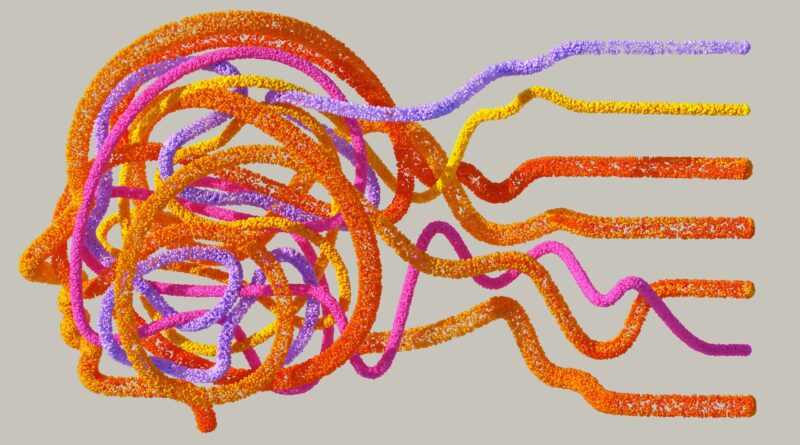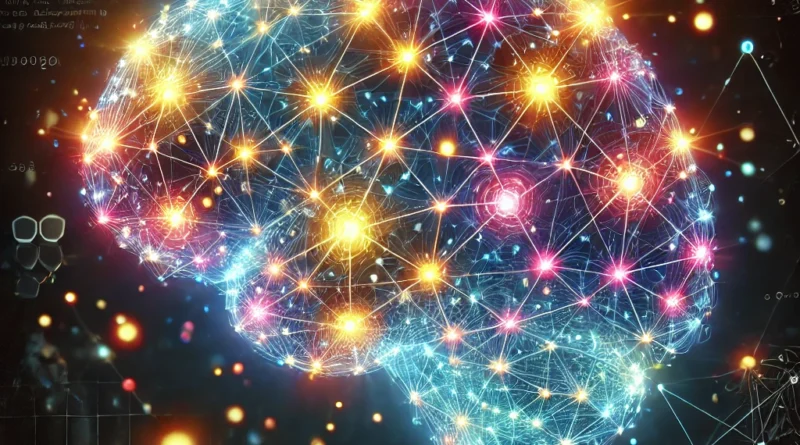The Inclusion of Disabled and Neurodiverse Ph.D. Students: Embracing Care and Kindness
Theory- and experience-grounded contemplations about the impact of the COVID-19 global health crisis were reflected in the recent study of disabled and neurodiverse Ph.D. students in information science programs in Canada and the U.S. that we conducted. Ph.D. students present a unique demographic in academia, blending the characteristics of students, researchers, and often teachers as well. Responses from 42 participants revealed a wide range of experiences in their doctoral programs that were both pandemic-specific and transcending the pandemic period.
Read More













